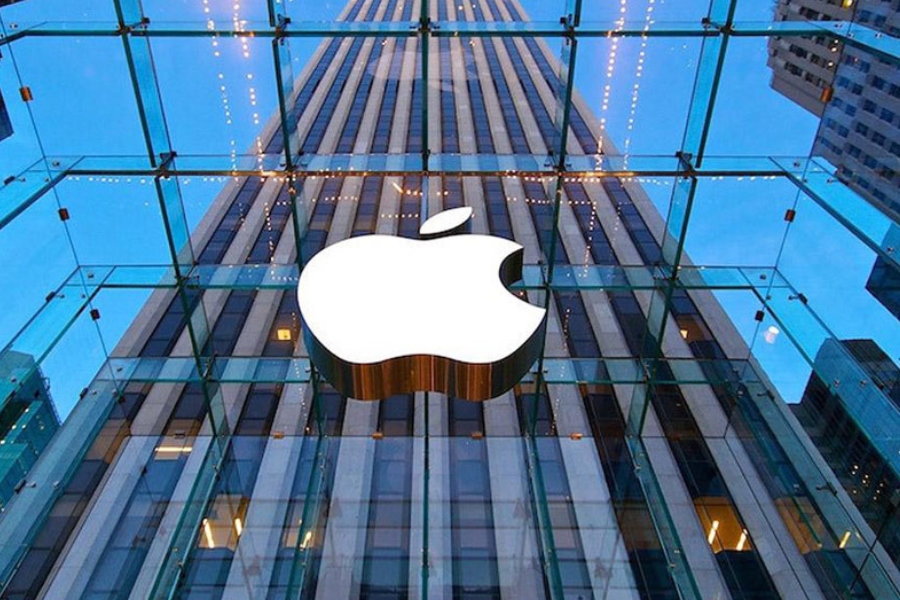We live in a world where the usage of ad blockers is rampant, fueled by consumers who desire to experience the web without the interference of intrusive ads and unskippable pre-rolls. The retargeting systems and demand-side platforms (DSPs) behind such invasive ad inventory and targeting technology have, of late, changed the narrative to imply a move towards personalization and an intrinsic desire to create personalized advertising experiences.
We will soon see these grand claims put to the test.
Apple's upcoming iOS 11, expected as soon as tomorrow, has a change that will markedly benefit users of Apple devices and the Safari browser. The change is expected to improve the user experience, blending neatly between a world of ad blocking and truly contextual marketing.
With the new change, advertisers cannot retarget ads towards a site visitor for more than 24 hours, after which the tracking cookies are deleted. A registered user or subscriber of a site can be retargeted for no more than 30 days. These tracking cookies, particularly third-party, are the bread and butter of DSPs.
The browser update for Safari 11 overrides and replaces the existing cookies preferences of users, giving them a clean slate, which wipes them from the 'Eye of Sauron' detection powers of DSPs. Ad networks, already familiar with Apple’s limitation for third-party cookies, will not be directly impacted, only experiencing a pricing rise for the inventory on Chrome and Explorer.
The technology behind this is known as Intelligent Tracking Prevention (ITP), and will it limit both an advertiser and a retargeting system in their ability to capture cross-site browsing data, which is the primary basis for ad targeting.
But this is nothing new, as Apple's’ Safari browser has by default always blocked cookies set by ad networks and other third parties. The changes in iOS 11 are aimed at companies that try to exploit first-party cookies. The default settings offer users a clean slate, which means that behavioral advertising has been blocked unless a user allows him or herself to be tracked by their own volition of visiting an advertiser site.
The new changes will severely impact a DSPs ability to reach audiences attuned to Apple devices, thereby hurting the effectiveness of targeting systems and impacting the valuations of marketing technology companies in markets where Android is not the key player.
The changes will also impact premium publishers, as ad networks and DSPs stop bidding for Safari inventory, a category of users which has allowed for premium CPMs. As high dollar bidders go away, expect to see Facebook and Amazon exploit the declining price to retarget iOS users, while Google merges its doubleclick.net domain with its search engine.










